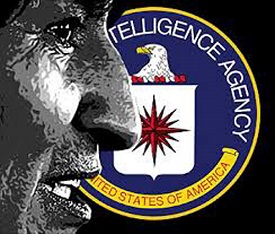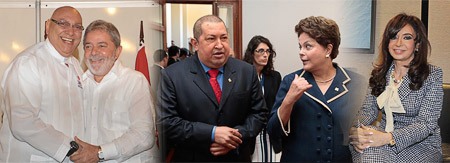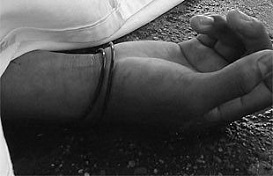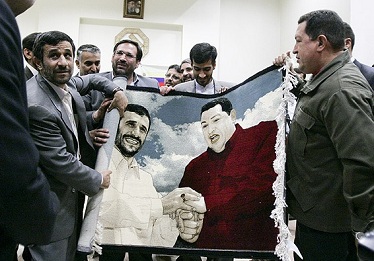What is the U.S. plotting in Bolivia?
Hugo Moldiz Mercado

In a tactical shift toward Bolivia, the U.S. State Department has sent Jefferson Brown to the country, indicating a likely increase in subversive activity against the Morales government. He was apparently sent to clean house, and replace all embassy personnel in preparation for the July arrival of a new attaché, Peter Brennan, an uncommon diplomatic practice.
It appears that the White House has decided to make a turn - for the worse - in its relations with Bolivia. After removing Larry Memmott, considered a dove in U.S. secret services circles, the State Department has sent Jefferson Brown, as interim business attaché, who will remain on the job only through June, before handing over the position to the much more experienced hawk, Peter Brennan.
Changes at the U.S. embassy in La Paz are not limited to replacing the business attaché, the highest ranking official present in the country since President Evo Morales expelled Ambassador Philip Golberg in 2008, for engaging in subversive activity in conjunction with hard-line opposition forces in the city of Santa Cruz. All indications point toward the replacement of the entire staff, giving greater weight to secret services and an increase in efforts to destabilize the Morales government, within the framework of a regional counter-offensive. Brown arrived in Bolivia April 23, immediately after he was appointed.
According to reliable sources linked to the State Department, greater changes will take place in July, implying the nature of the task assigned Brown, a career diplomat who has worked in Brazil, El Salvador, Paraguay, Ecuador and Argentina, among other countries. He must conduct a clean-up before the arrival of Peter Brennan, who has been a State Department advisor and responsible for policies in Costa Rica, Nicaragua, Pakistan and Cuba.

































